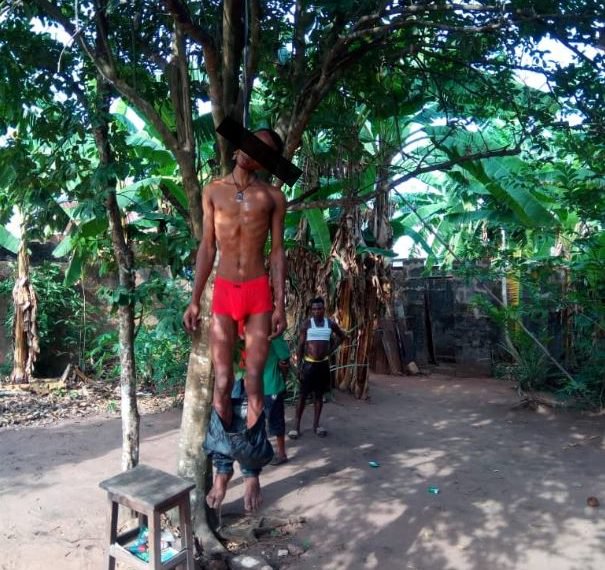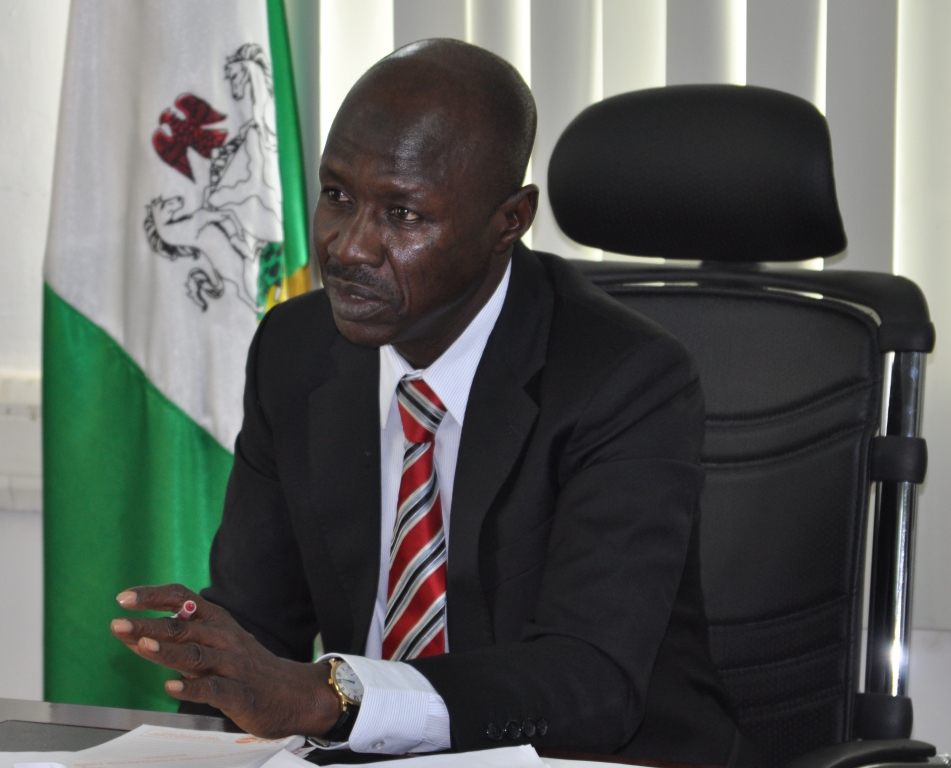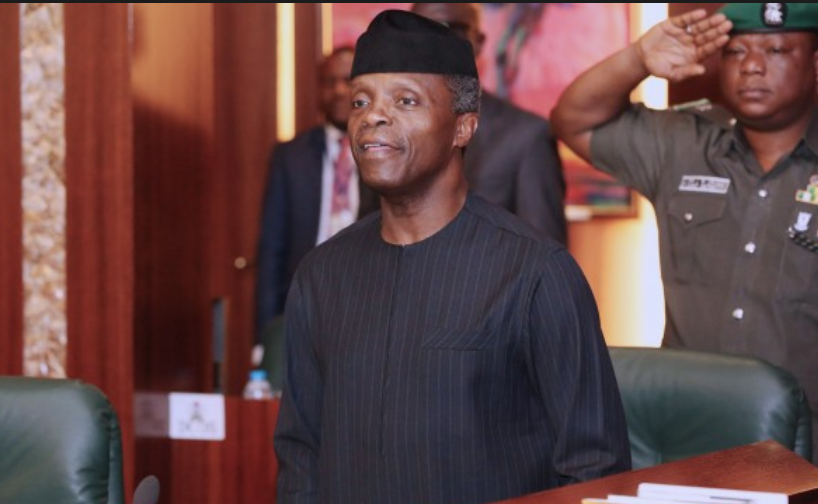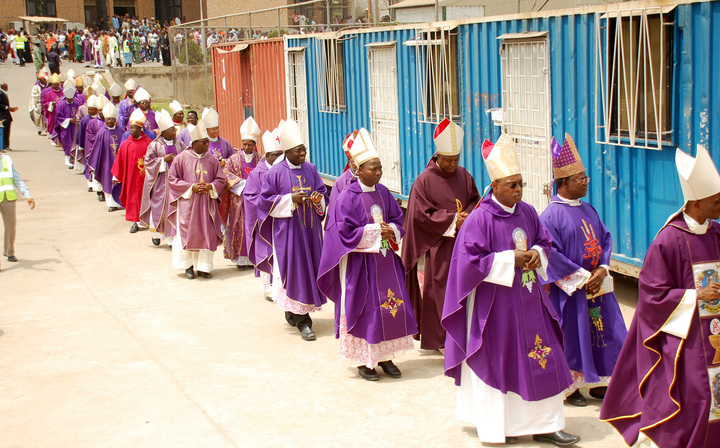By Owei Lakemfa.
With the approach of the February 2019 elections, we are back in the season when the political class, like Father Christmas, come with packages. But while the latter comes with gifts, the packages of the politician are promissory. They are promises which in many instances are not kept after the votes have been secured.
But at an October 9 training programme for journalists facilitated by the Friedrich Ebert Foundation, it occurred to me that we really do not need these promises, or even the manifestoes that may not worth the paper they are written on. I realised that as a people, by signing on and domesticating various conventions, we have collectively agreed on irreducible programmes. That, part of our problem, and a main reason why we are not developing, is our failure to hold whatever government that comes to power, accountable for the implementation of these minimum programmes.
For instance, our country has signed on to various instruments on Social Protection which is the transfer in cash or in-kind to Nigerians in order to enable them live protected, secured and dignified lives. These include firm commitments to provide Nigerians the basic needs of life including food, water, shelter, clothing, healthcare and education in order to eliminate human want and extreme poverty. For example, one of the earliest instruments we signed, adopted, domesticated and committed ourselves fully to respect and wholly implement, is the Universal Declaration of Human Rights (UDHR) That declaration provides in Article 25, that: “Everyone has the right to a standard of living adequate for the health and well-being of himself and of his family, including food, clothing, housing and medical care and necessary social services, and the right to security in the event of unemployment, sickness, disability, widowhood, old age or other lack of livelihood in circumstances beyond his control.” We do not need any politician to include these in his manifesto or promise to implement them before we as a people, demand them as a right.
This also applies to Article 26 which provides that “Everyone has the right to education. Education shall be free, at least in the elementary and fundamental stages. Elementary education shall be compulsory. Technical and professional education shall be made generally available and higher education shall be equally accessible to all on the basis of merit.” These are irreducible fundamental human rights which we should ensure all politicians irrespective of party, implement.
By the way, this was where we started from as a sovereign country. In the 1950s Self-Government and the post-independence First Republic, the Action Group led by Chiefs Obafemi Awolowo and Samuel Ladoke Akintola implemented these in the Western Region under its Life More Abundant (LMA) Programme in the Western Region. LMA was designed as ‘A Cradle To The Grave’ programme which included free education, free healthcare, full employment and Old Age Pension for the citizens. Beyond these, the LMA included a programme of rebuilding the villages, towns and cities, ensuring a healthy environment, availability of power and provision of portable water. This was called Integrated Rural Development.
These programmes to a lesser degree were also implemented by the other regions. It was military dictatorship that destroyed these programmes. Despite this and the declaration of austerity measures in the Second Republic, Governor Lateef Jakande implemented such programmes in Lagos which is the only state in the country with a mega city. The free education, free healthcare and mass housing programmes of Jakande, were within our context, nothing but revolutionary.
If as Nigerians, we collectively ensure that whoever wins the 2019 elections, implements these basic needs programmes, we would be raising our standard of living and reducing ill health resulting from poor sanitation and mental stress thereby easing the burden on healthcare. Such implementation will also result in empowering the people to freely make choices rather than sell their votes due to hunger and adverse poverty. This way, we will be widening and deepening the democratic space.
Also, this will give the populace social security thereby reducing the temptation to take to crime, reduce internal family tension and finance-induced divorces, lessen desperation, social tension and strife, and decrease the temptation to be corrupt.
Imagine that the worker is freed from the burden of paying fees for the education of his children and healthcare for his family. It means that his income, even if it is the Minimum Wage, will be enhanced, and productivity will be higher.
I am confident that if we ensure free and compulsory education for our children and youths – who are the building blocs of society – we will drastically reduce or eliminate the crime against humanity in Nigeria where 13.2 million children are out of school; the highest in the world.
If we ensure that the basics of life such as food, are available to all Nigerians, then, we will be minimizing inferiority complex amongst the lower rungs of society, enhance self-confidence and give the citizenry a sense of connectedness to the country.
This will also drastically reduce poverty, more so when we have 87 million people living in extreme poverty, making it the highest in the universe, and turning the country into the poverty capital of the world. An African proverb says, once hunger is eliminated, poverty is defeated.
Some may argue that these basic needs are unaffordable. My simple response to this, is that it is a question of priority. Unfortunately, the imposition of the so called market forces and structural adjustment programmes have led to cuts in social spending which simply means attacks on social spending and basic needs.
As for whether Nigeria can afford the provision of basic needs to all, my answer is yes! I will quickly present three basic reasons. First, the country sells 2 million barrels of crude oil daily which at the current average price of $70 per barrel, translates to a daily income of $140,000,000 or $4.2 billion monthly. Secondly, it has high internal revenue generation. The income from the value added tax alone was N972.3 Billion in 2017 or an average of N2.66 billion daily. That of the Nigeria Customs Service for the same year, was N1.37 Trillion. These are just examples of income the country earns.
Thirdly, a Senator earns at least N14.5 Million or $40,000 Monthly. At the National Minimum Wage of N18,000, it means each Senator earns the equivalent of the combined salaries of 805 workers on Minimum Wage. Some may start arguments about GDP, and I say, it is a matter of priority. If Alhaji Jakande could implement these programmes despite the austerity measures in the country, If we will it, yes we can!
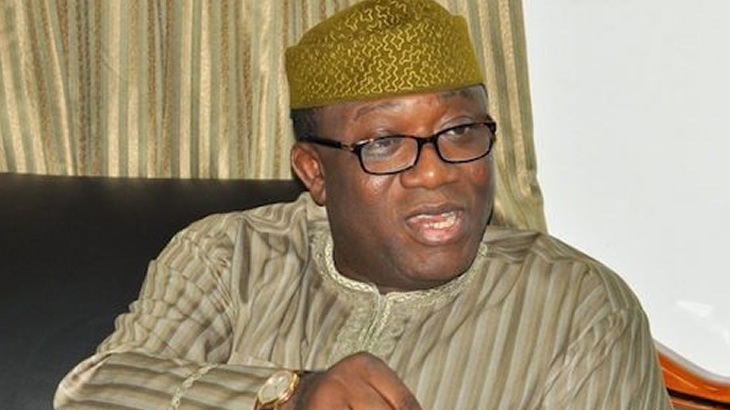
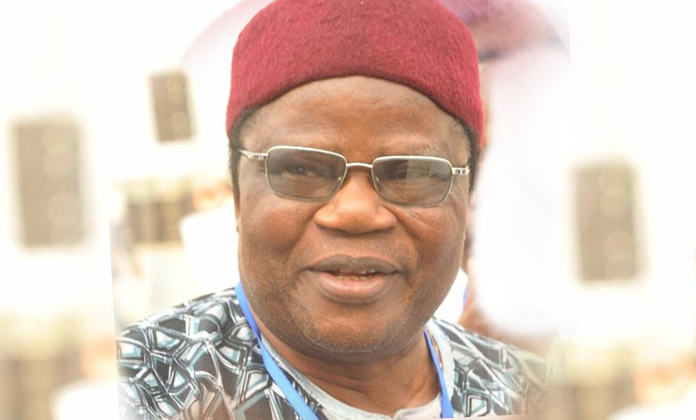
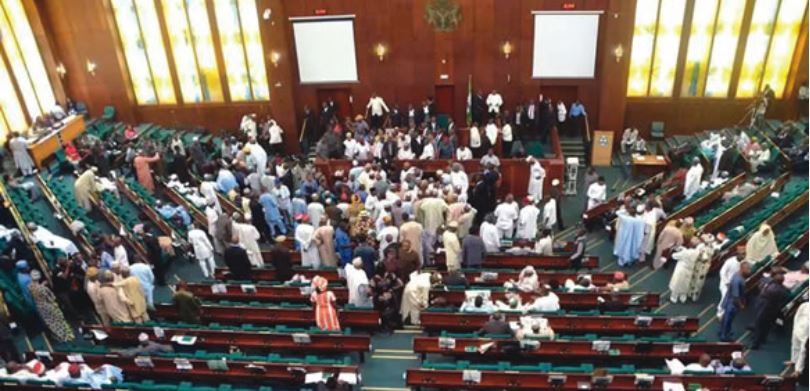

![[Graphic photo] 22-year-old politician commits suicide in Anambra](https://thenewsguru.ng/wp-content/uploads/2017/05/suicideeeeeeeee.jpg)
